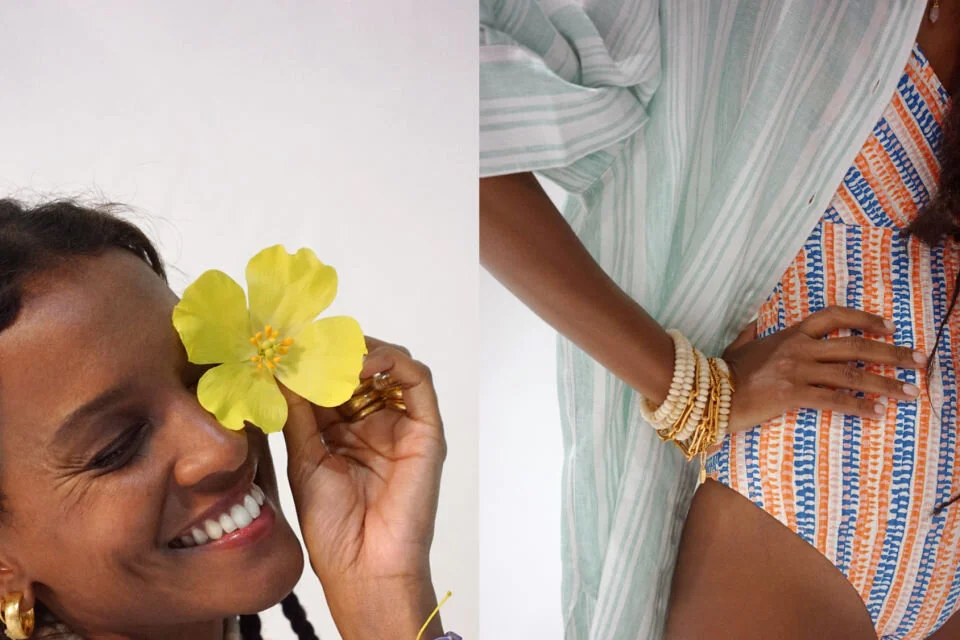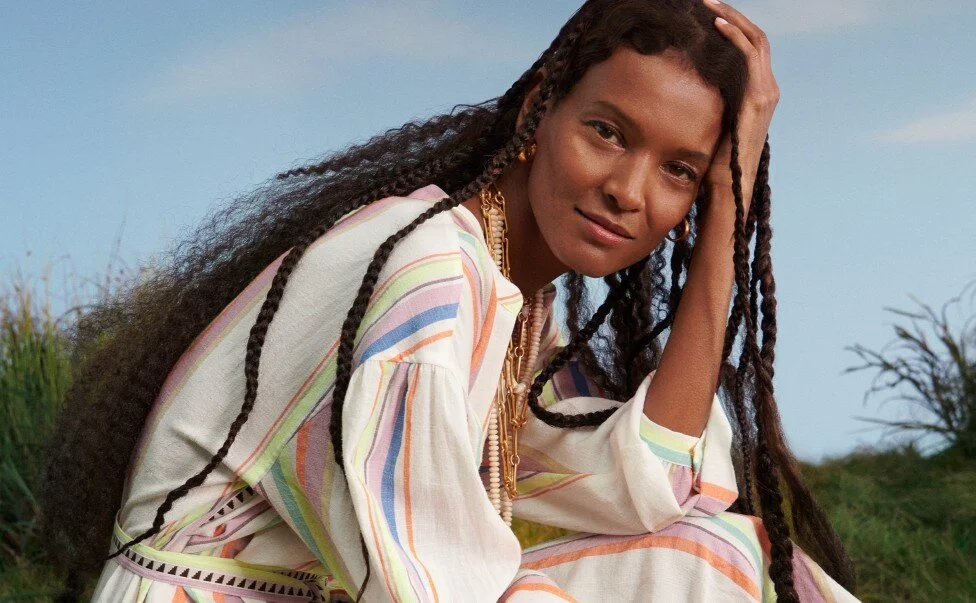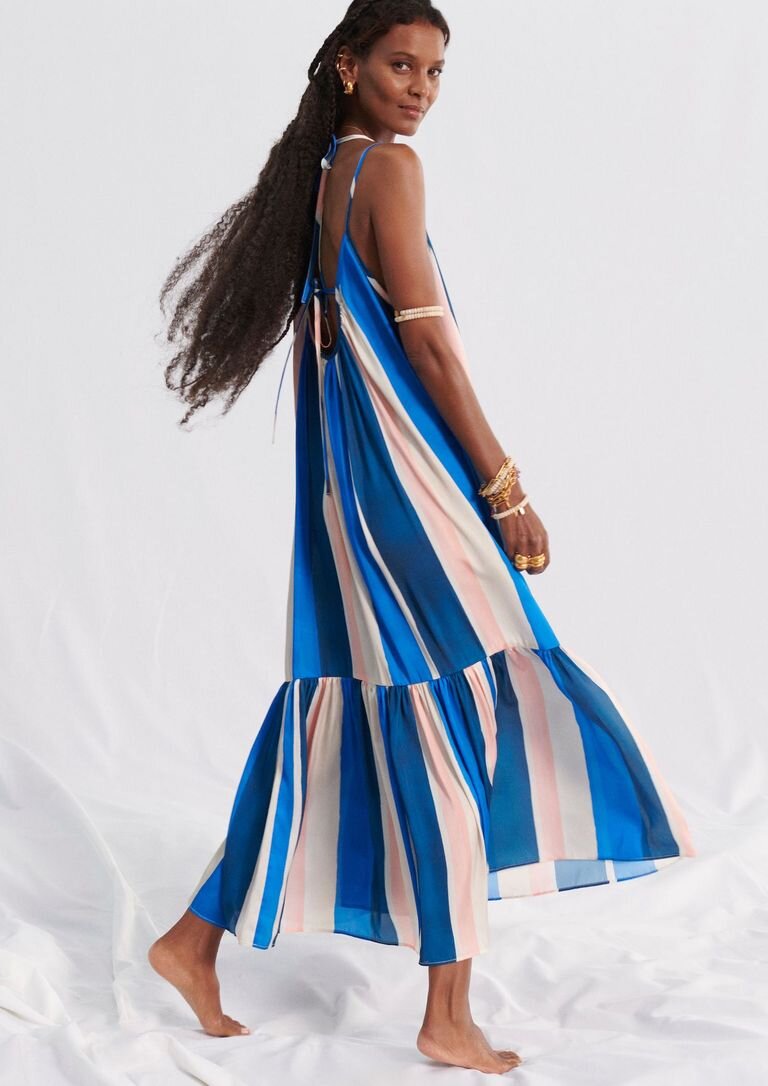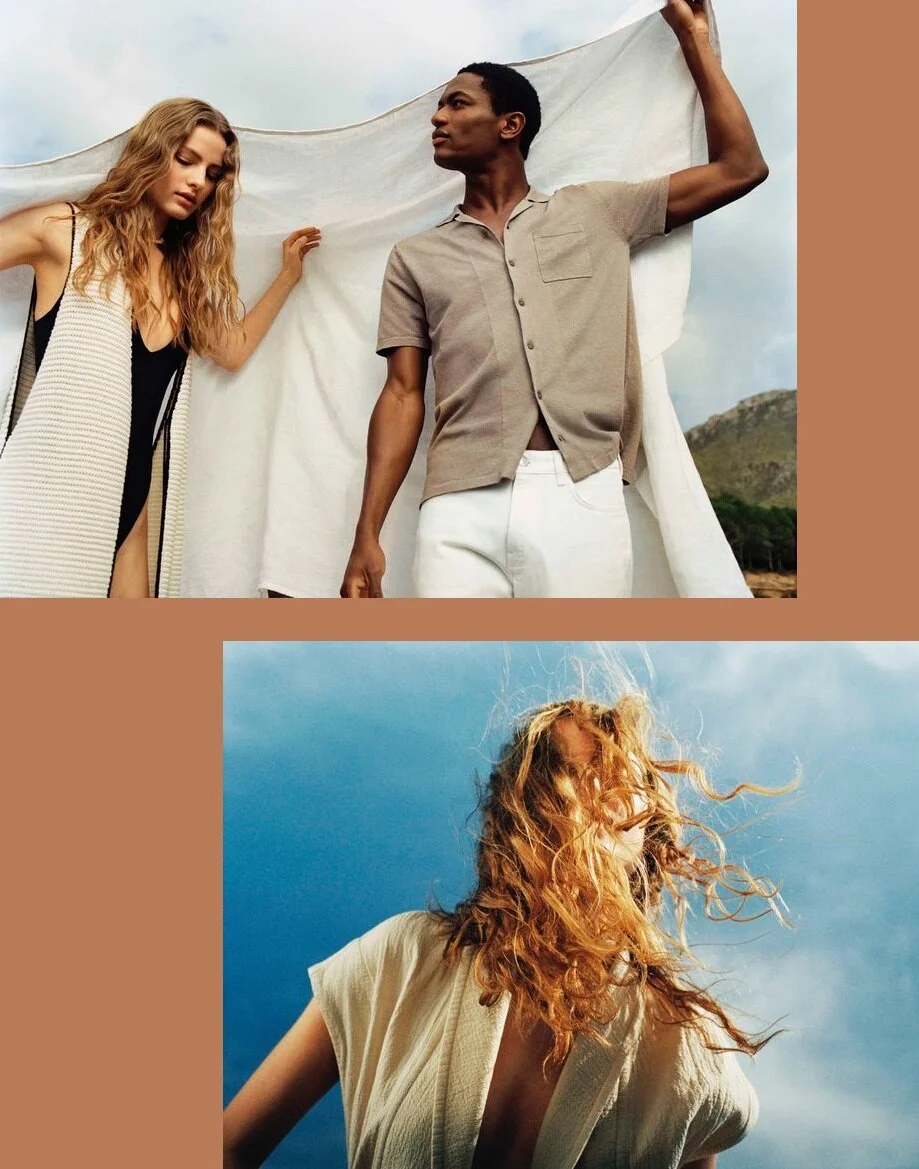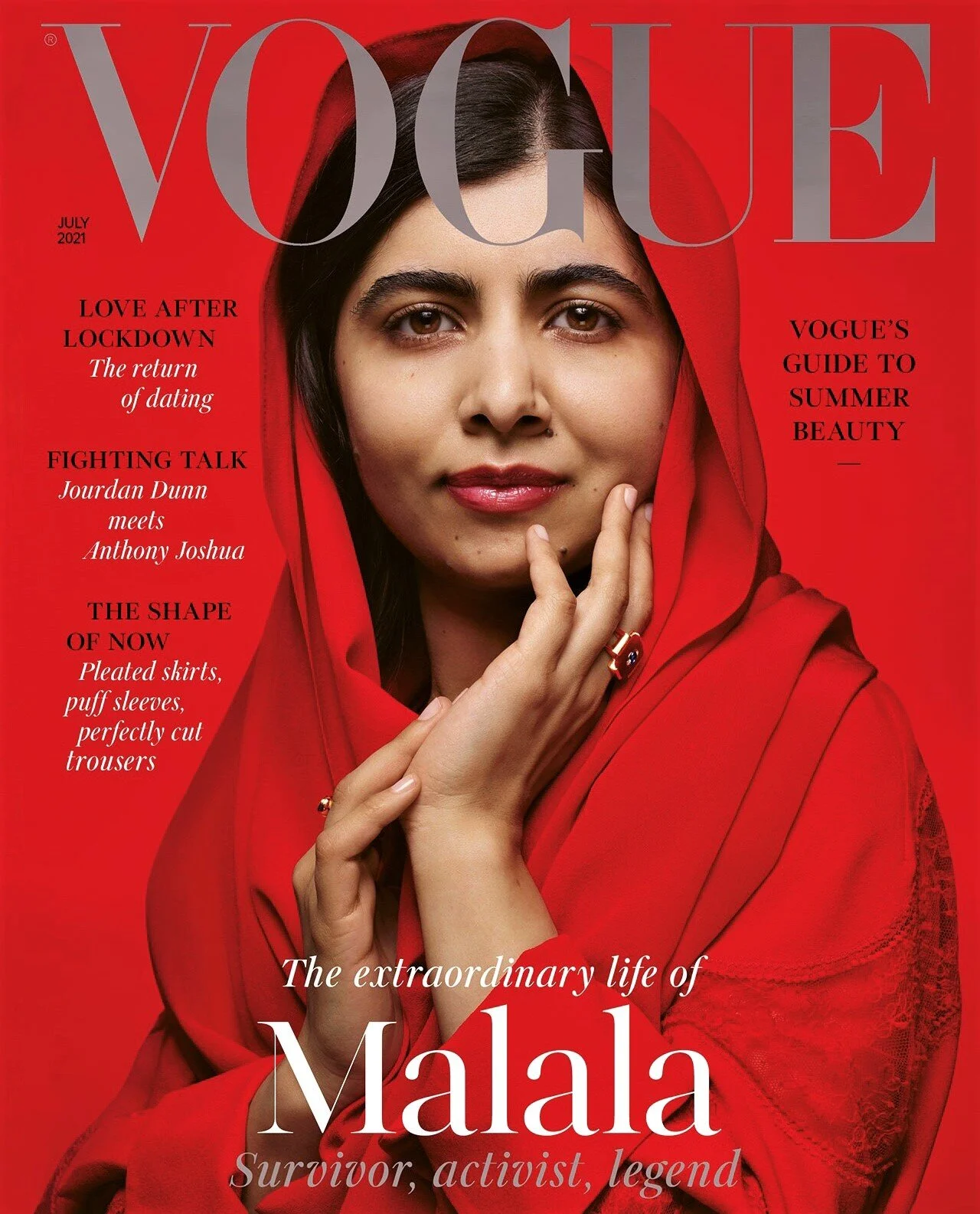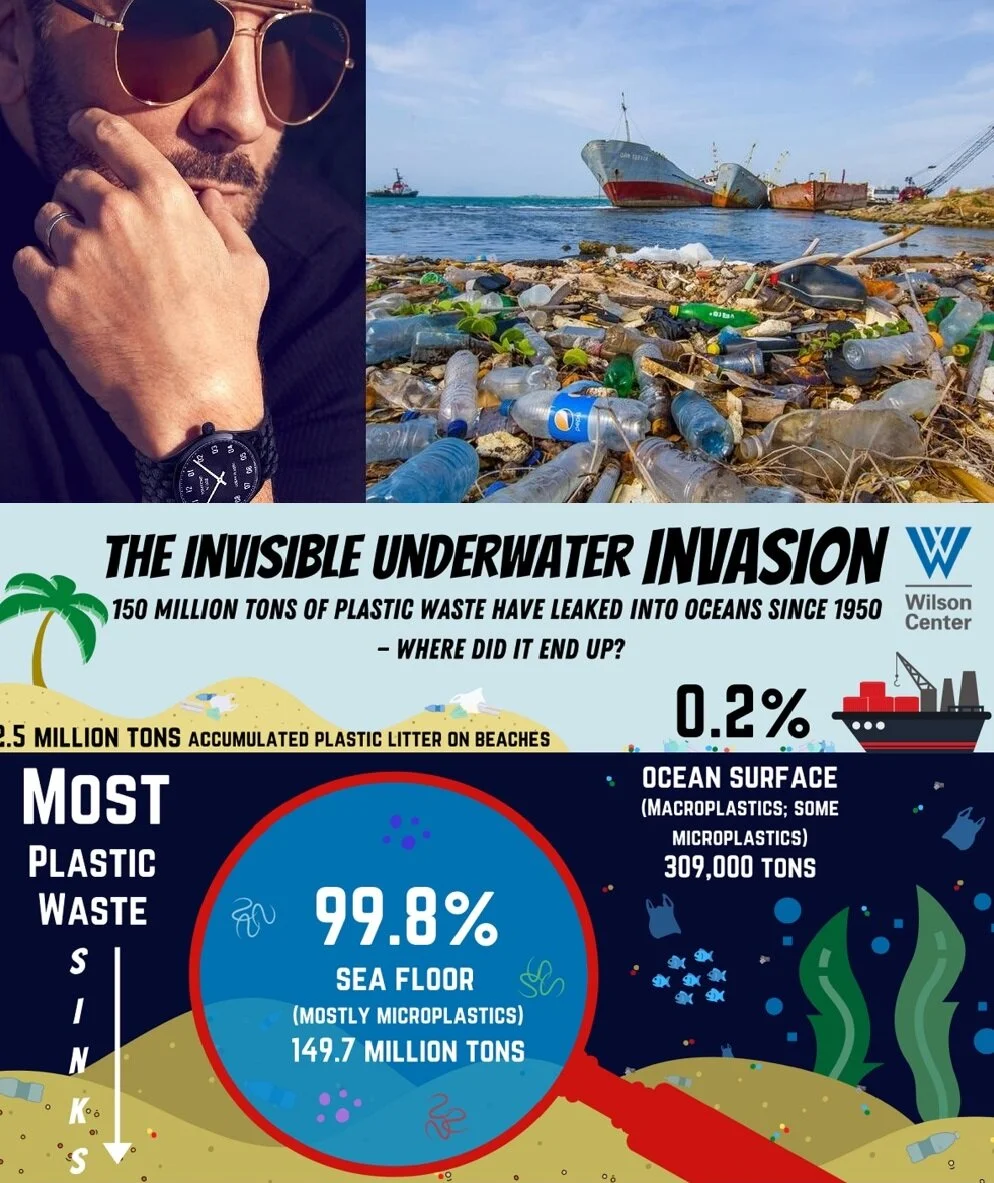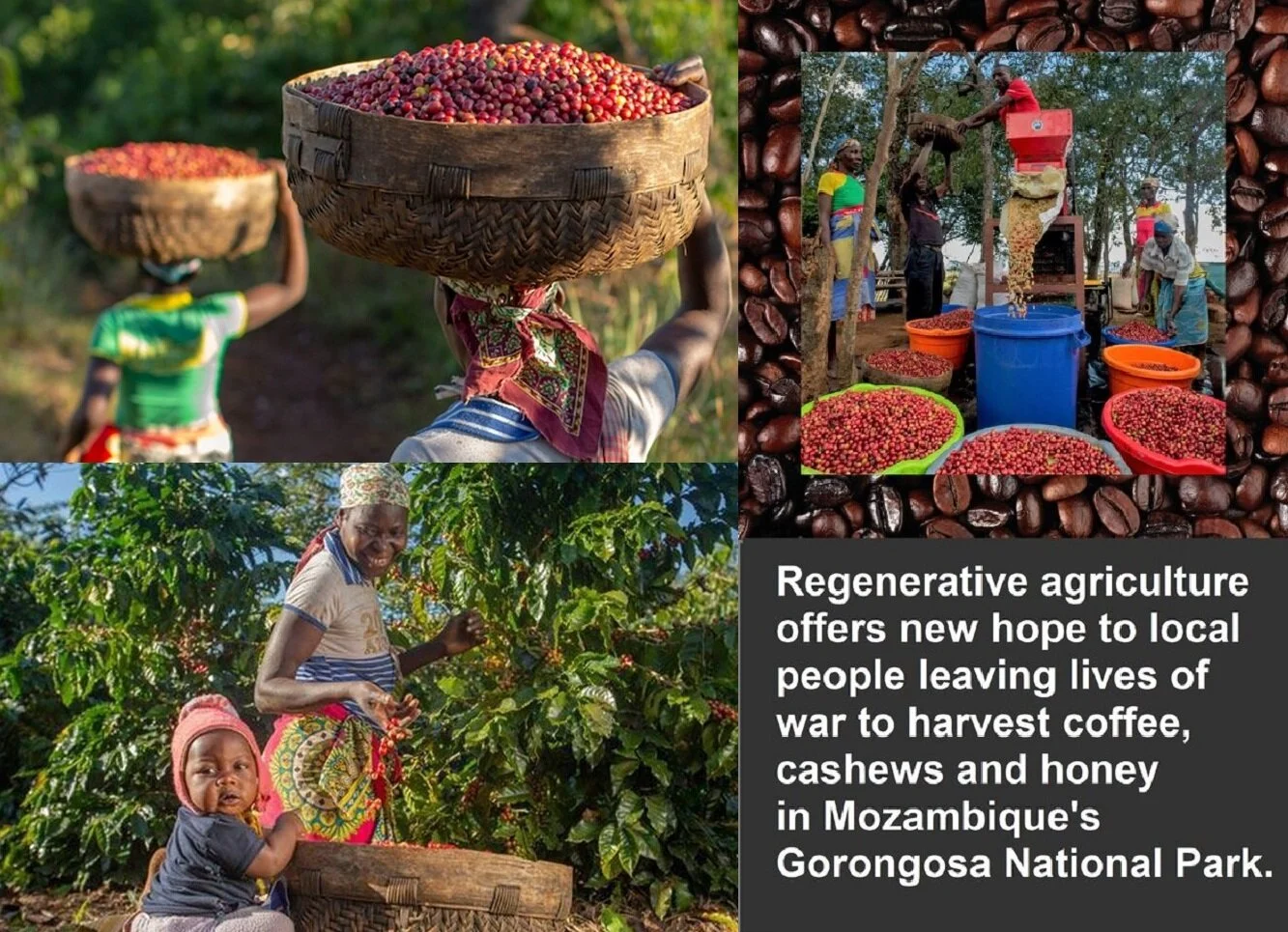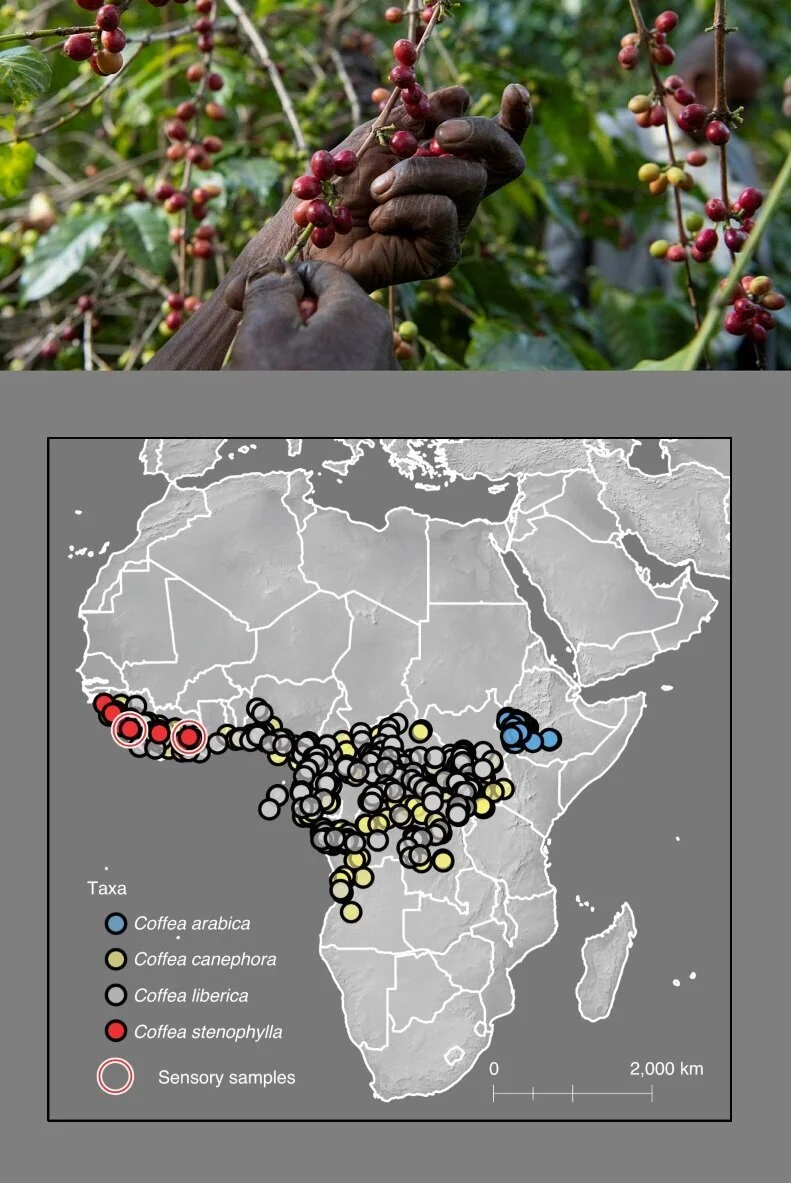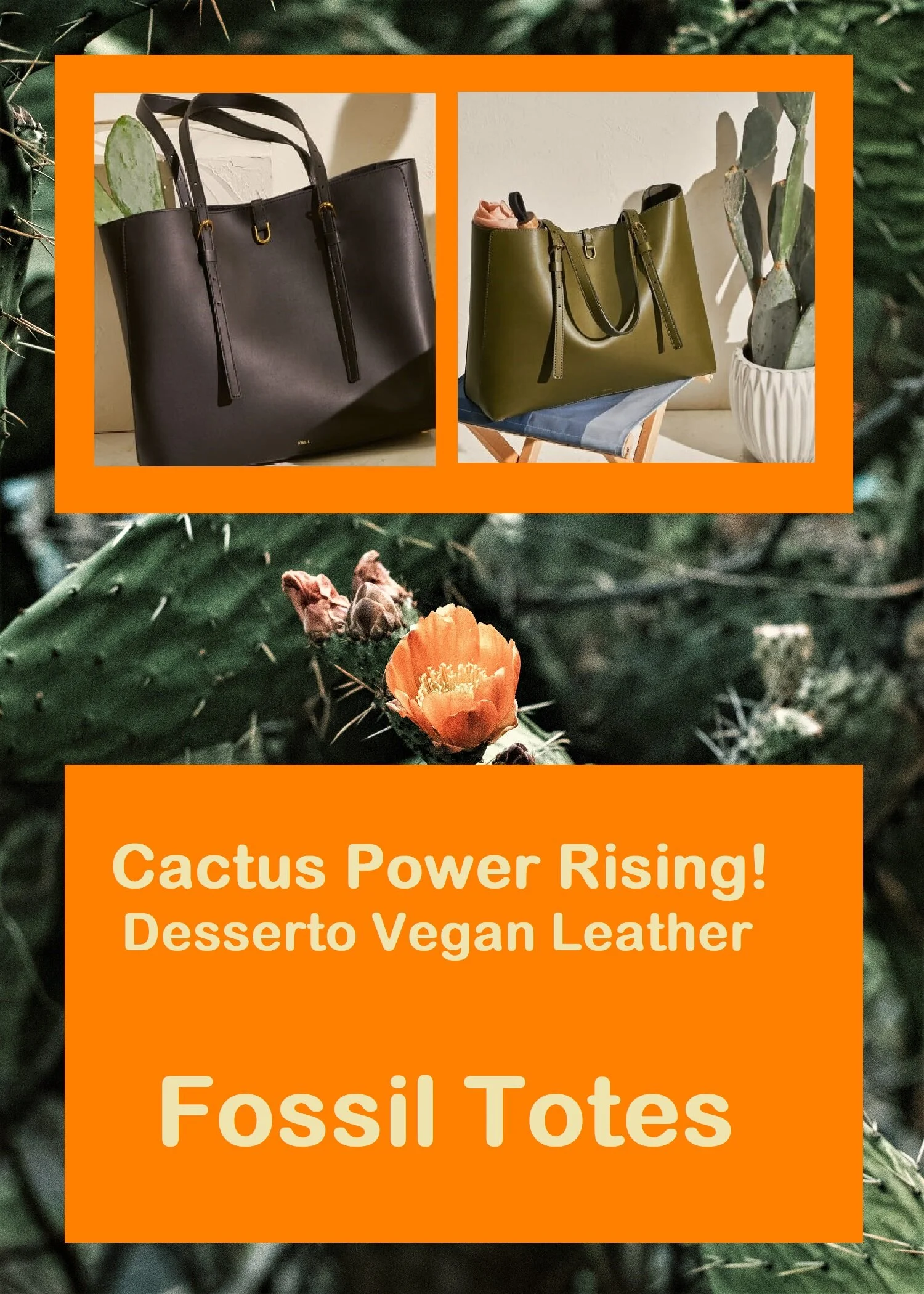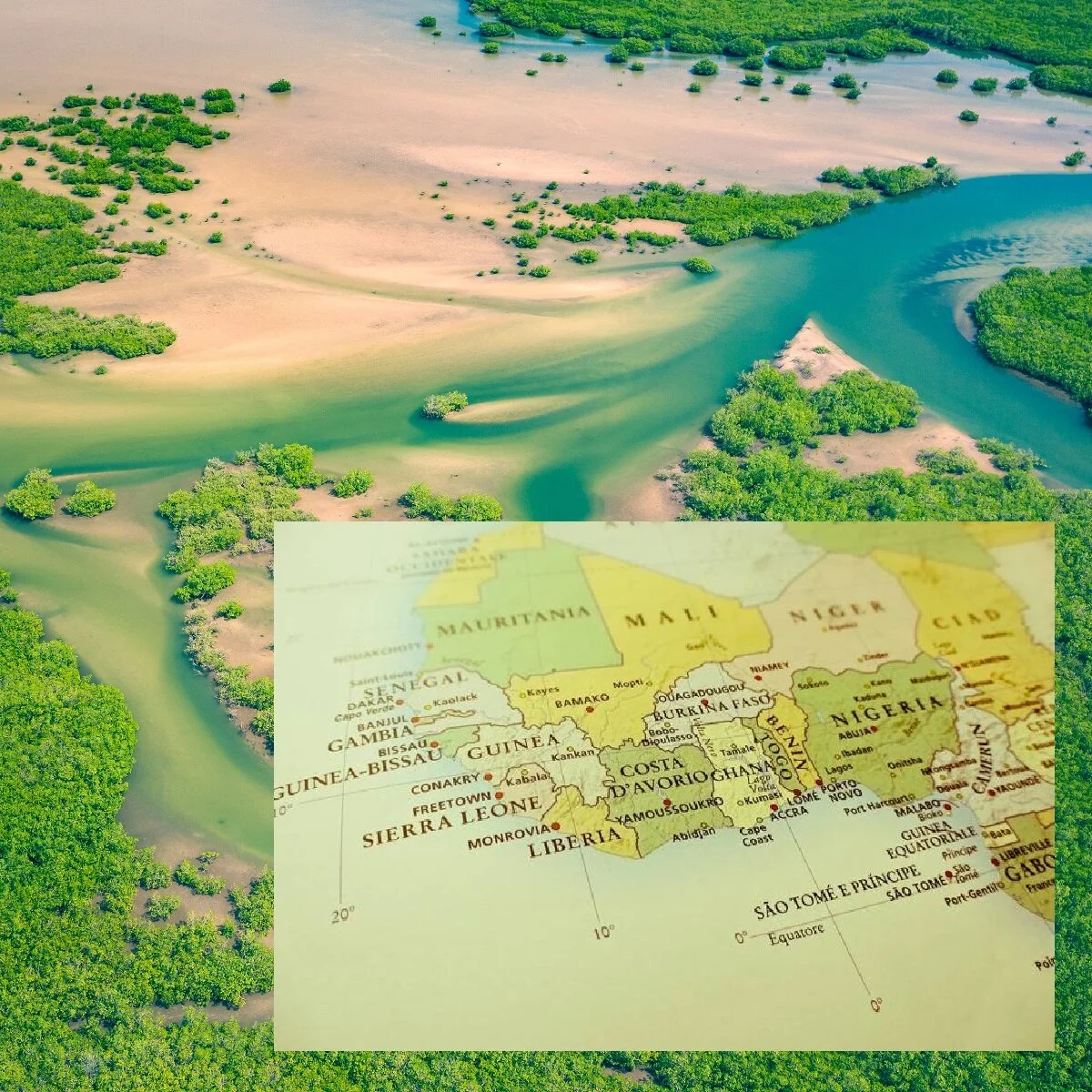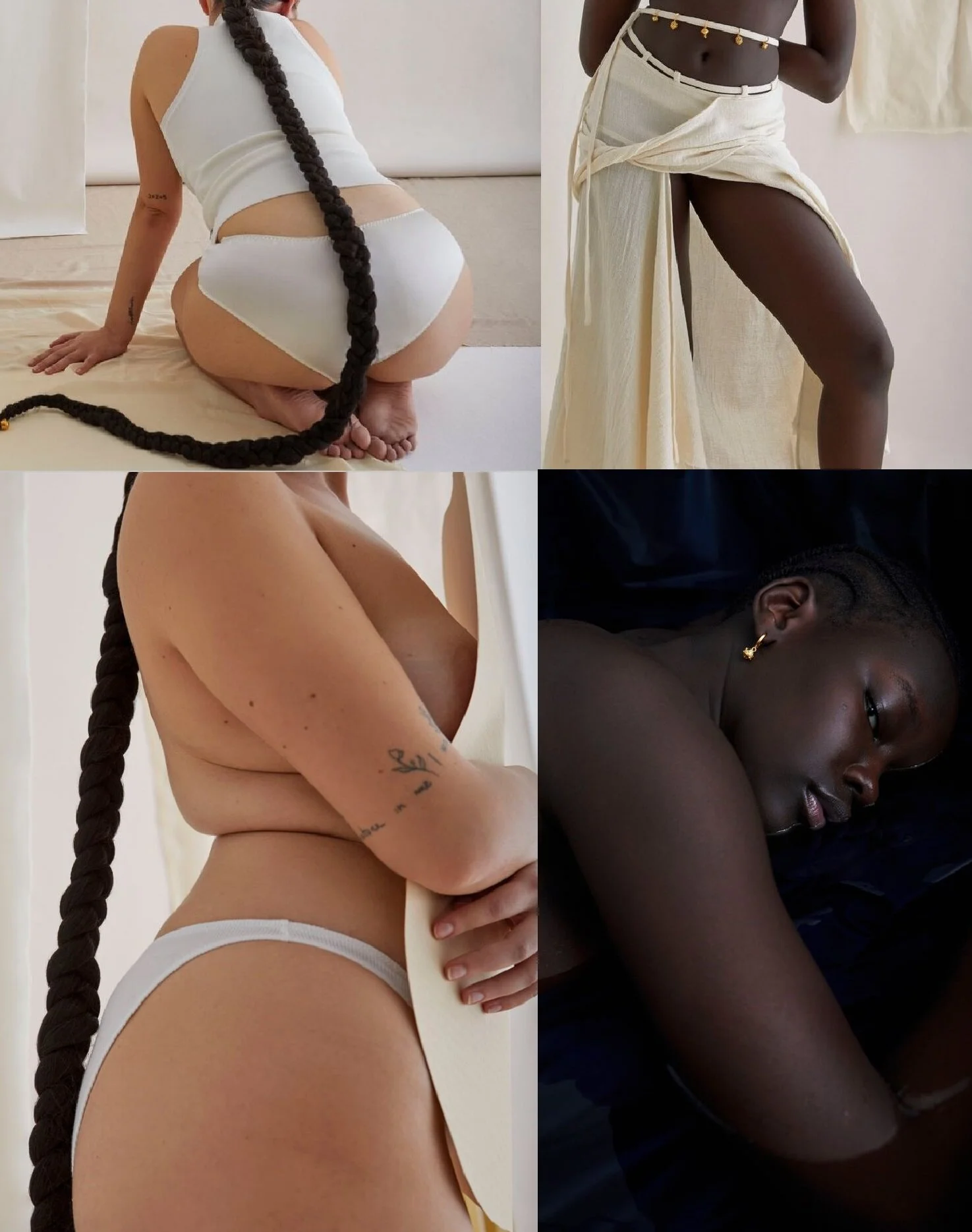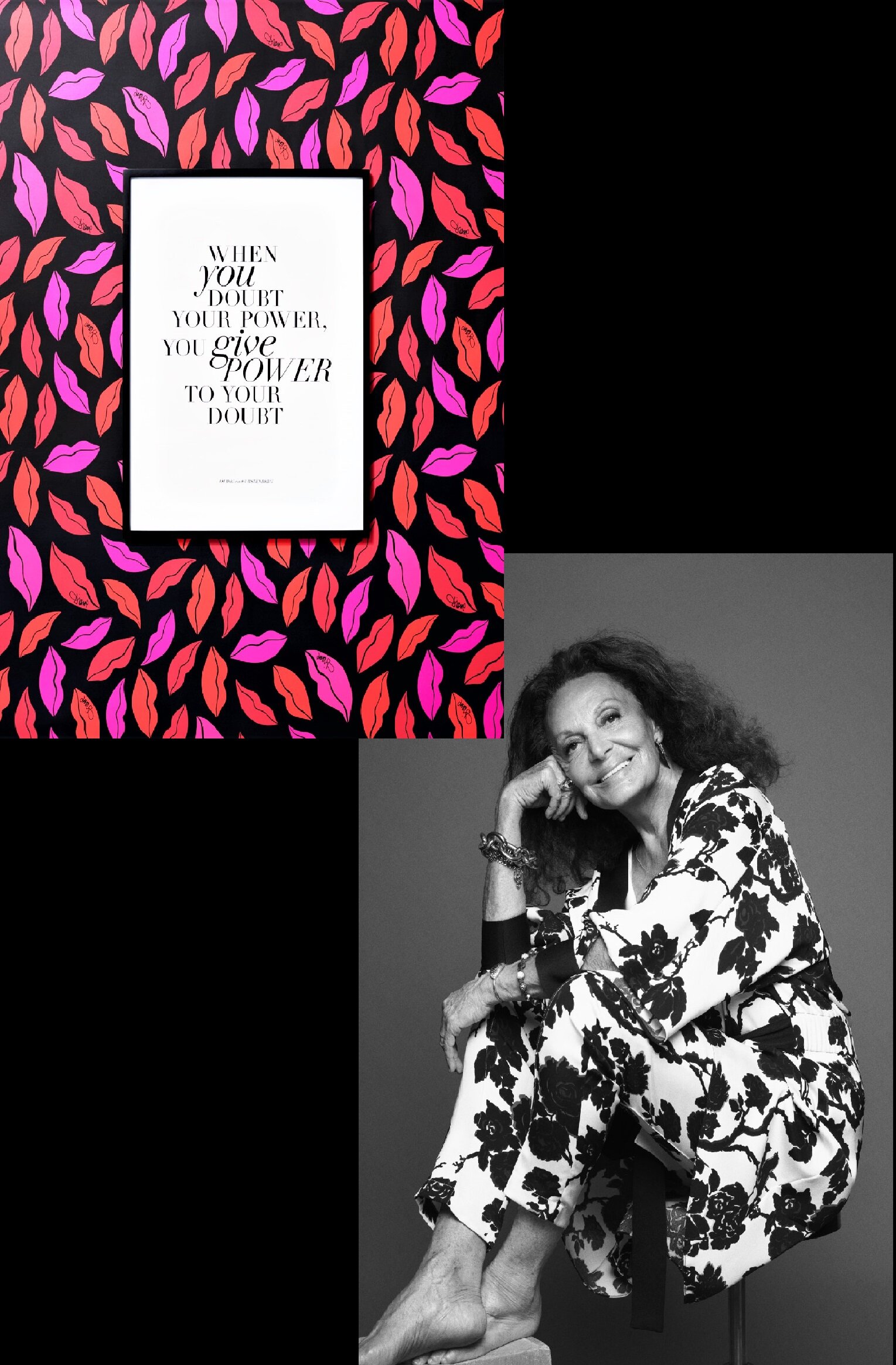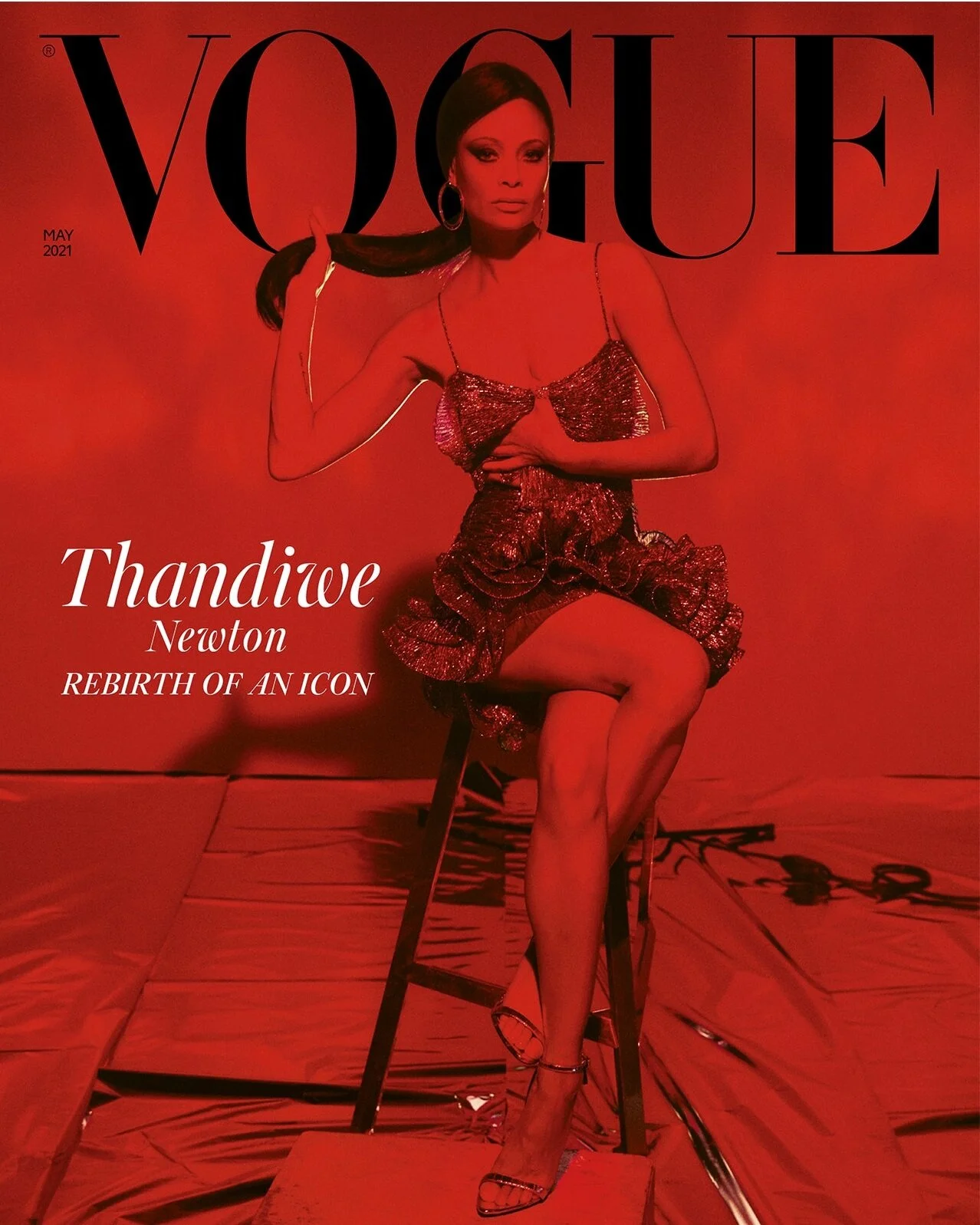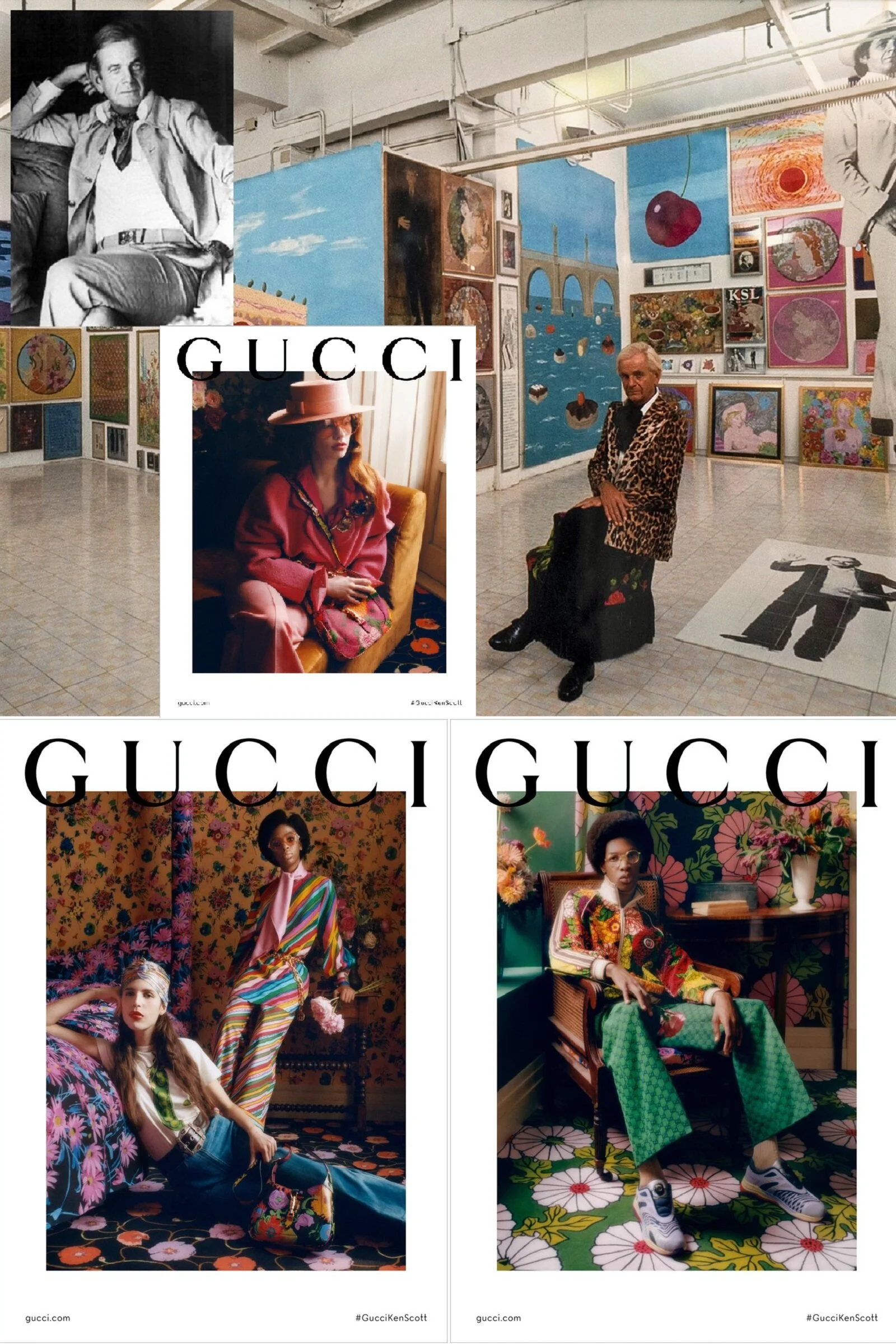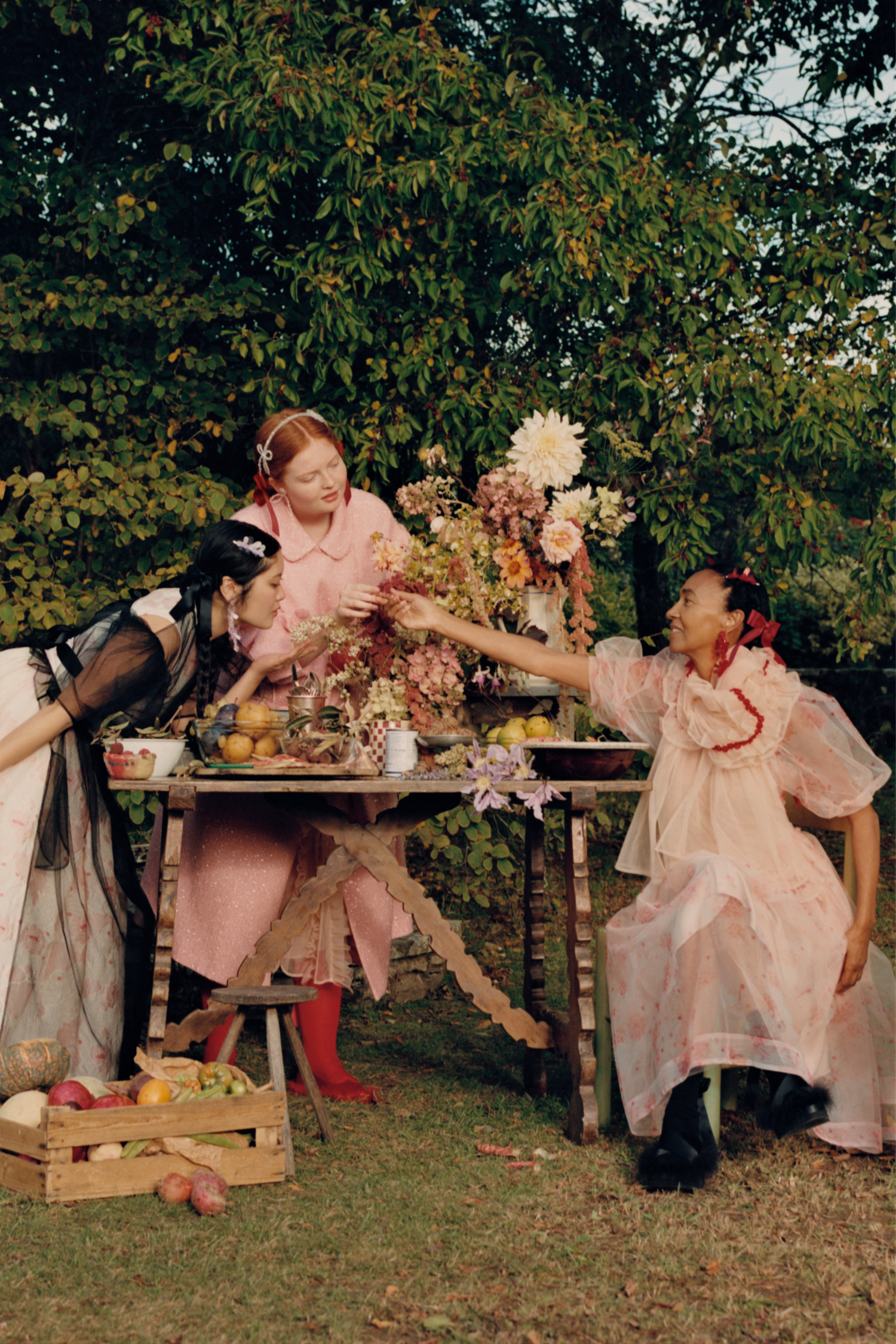Lemlem X H&M Capsule by Liya Kebede Launches Global Joy on May 6
/Sustainable fashion brand from Ethiopia Lemlem is stepping into the spotlight with a new collab launching on May 6 with H&M. Founded and managed by Ethiopian-born top model Liya Kebede, the new collection expresses Lemlem’s ethos of natural fabrications, fun colors and easy stripes. The clothes are bright, versatile and yoyful. Kebede founded the brand in 2007, embracing Lemlem’s definition of “to bloom” and “flourish” in Amharic.
Lemlem is known for its handcrafted artisanship, but creating a collection for H&M presents new challenges.
“The idea was to be able to reach more customers with this collaboration, and make it affordable also to more people,” Kebede says to Harper’s Bazaar. “We went with the materials that H&M works with that are all sustainably sourced: organic linen, organic cotton, recycled poly. We even did jewelry and swimsuits, which was very exciting for us. When you're doing a collaboration, it's really fun to also try another category that we didn't have.”
The new collection is not made in Ethiopia but in China and Bangladesh. The capacity to support H&M orders was too great a challenge for Ethiopia. Additionally, the shipping of fabrics back and forth between Ethiopia and H&M’s factories posed major carbon footprint issues.
“What's exciting about partnering with H&M is the way that they reach an immense audience across the world.” she says. “H&M’s interest in a small brand that is sustainable, that is promoting artisans, puts a focus on us and gives us an incredible platform to all these other people, customers who would not have looked at us. They understand the importance of sustainability and community and artisan work. The exposure is priceless.”
For those who might criticize Kybede for agreeing to go to Bangladesh and China, the downside would have been an inability to source the project with H&M and all the exposure that would create for the artisans in the supermodel’s homeland.
H&M will donate $100,000 to support the Lemlem Foundation.which aims to create a pathway out of poverty for women artisans in Africa. Meanwhile Liya Kebede seems to be a bit shellshocked over how events have come together.
Kedebe’s daughter Raee loves Lemlem and she symbolizes an expansion of the concept of sustainability among younger people. Speaking of the younger generation in H&M Magazine, Raee’s mother says to H&M Magazine:
”I think we’re all looking at the next generation of kids today. They’re so much more active than our generation, a different breed all together. They’re so involved and engaged and aware — they’re really changing everything. It’s funny how it’s not about the adult world anymore; it’s about their world and us having to adjust to it. It’s hopeful.”
”That’s the community we're hoping to reach — this liberated, limitless mentality of people who are interested in taking care of the earth and each other. They have a lot of sensitivities that are close to lemlem.”
In the spirit of young people, “Lemlem is about the human element of sustainability,” explains Kebede. “In philanthropy, there’s always this issue of making something sustainable. For me, enabling and educating people, giving them jobs and making them independent is a sustainable way of doing aid.”
